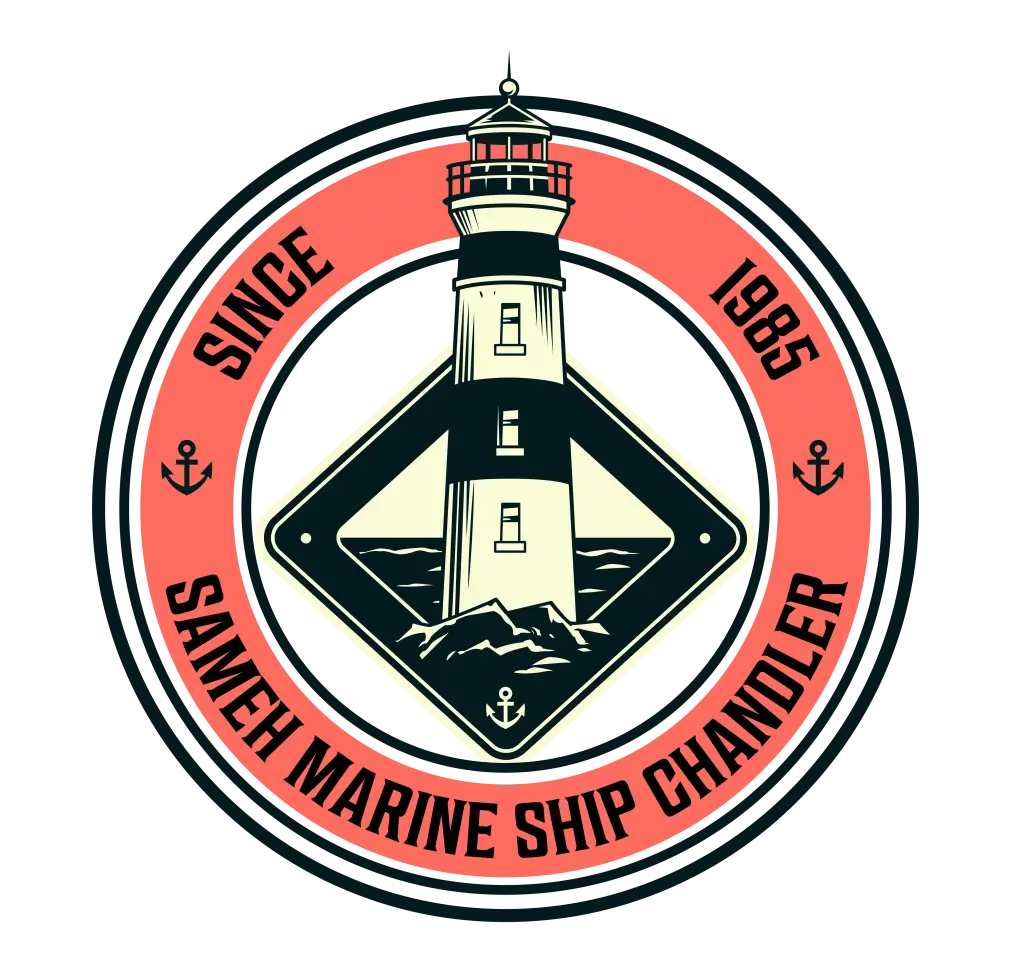The journey across the Suez Canal is not only a feat of maritime engineering but also a logistical challenge for ship crews who rely on fresh provisions supply to sustain them through their boating. In this comprehensive guide, we explore the complexity of provisioning for ships transiting the Suez Canal, exploring the importance of quality provisions, the challenges faced, innovative solutions, and the regulatory framework governing this vital aspect of maritime logistics.
Understanding the fresh provisions supply‘s Significance
Fresh provisions supply for ship crews Suez Canal is more than just a logistical necessity; it’s a cornerstone of crew welfare and operational efficiency. The demanding nature of maritime travel requires sailors to maintain optimal health and morale, which are directly influenced by the quality and variety of provisions available onboard.
Ensuring an adequate supply of fresh fruits, vegetables, meats, and other essential items is paramount for meeting the nutritional needs of the crew during long voyages. Proper hydration, balanced nutrition, and access to wholesome meals contribute not only to physical well-being but also to mental alertness and productivity onboard.
Challenges in Provisioning for Ships in the Suez Canal
The unique geographical and operational characteristics of the Suez Canal present several challenges in fresh provisioning for ship crews. Time constraints, limited storage capacity, and the need for compliance with international standards add layers of complexity to the provisioning process.
- Logistical Constraints: The narrow width of the Suez Canal limits opportunities for provisioning stops, requiring meticulous planning to ensure timely delivery of fresh provisions to passing vessels.
- Quality Control: Maintaining the freshness and quality of provisions during transit poses a significant challenge, especially in hot climates where temperatures can soar.
- Supply Chain Vulnerabilities: Disruptions to supply chains, whether due to geopolitical tensions, adverse weather conditions, or global health crises, can impact the availability and affordability of fresh provisions.
Innovative Solutions and Technologies
In response to the challenges posed by provisioning in the Suez Canal, the maritime industry has universal innovative solutions and technologies to streamline the supply chain and enhance the quality of fresh provisions supply onboard.
- Pre-positioned Supply Depots: Strategic placement of supply depots along the Suez Canal allows for efficient provisioning of passing vessels, reducing turnaround times and minimizing disruptions to voyage schedules.
- Cold Chain Logistics: The adoption of cold chain logistics ensures the integrity of perishable goods, maintaining optimal temperatures throughout the provisioning process to preserve freshness and quality.
- Digital Platforms: Advanced digital platforms and mobile applications facilitate real-time communication and coordination between ship operators, provisioning suppliers, and port authorities, optimizing resource allocation and enhancing transparency in the supply chain.
Environmental Considerations and Sustainability
While provisioning for ship crews is essential, it’s imperative to consider the environmental impact of provisioning practices and strive for sustainability in the maritime industry.
- Sustainable Sourcing Practices: Emphasizing the use of locally sourced, organic produce reduces carbon emissions associated with long-distance transportation and supports local economies.
- Reducing Food Waste: Implementing efficient inventory management systems and minimizing overstocking help reduce food waste onboard, contributing to environmental conservation efforts.
- Reusable Packaging: Transitioning to reusable and eco-friendly packaging materials reduces the generation of plastic waste and promotes responsible stewardship of marine ecosystems.
Regulatory Framework and Compliance
Ensuring compliance with international regulations and standards is essential for the safe and efficient provisioning of ships transiting the Suez Canal.
- International Maritime Organization (IMO): The IMO sets guidelines and regulations governing the provision of food and water to seafarers, emphasizing the importance of food safety, hygiene, and sanitation onboard.
- Customs and Quarantine Protocols: Adherence to customs and quarantine protocols is crucial to prevent the introduction of pests, diseases, and contaminants through fresh provisions supply to ships.
- Health and Safety Standards: Compliance with health and safety standards, such as Hazard Analysis Critical Control Point (HACCP) principles, ensures the quality and integrity of provisions throughout the supply chain.
Conclusion
Navigating fresh provisions supply for ship crews through the Suez Canal requires a delicate balance of logistics, innovation, and regulatory compliance. By prioritizing crew welfare, meeting sustainable practices, and leveraging technological advancements, the maritime industry can meet the provisioning needs of ships transiting this vital waterway while safeguarding the environment and promoting safe and efficient maritime operations.
In conclusion, the fresh provisions supply for ship crews navigating the Suez Canal is not merely a logistical challenge but a testament to the resilience and adaptability of the maritime industry in meeting the diverse needs of seafarers worldwide. As we chart a course towards a sustainable future, collaboration, innovation, and a commitment to excellence will continue to drive progress in maritime provisioning practices.
